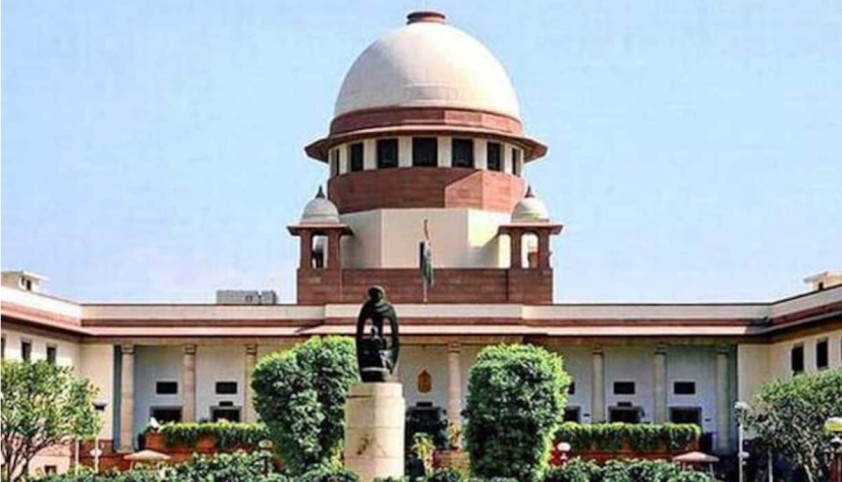Supreme Court Gives Historic Judgement On Prostitution By Legalising Sex Work

On May 19, the Supreme Court of India (SC) made headlines by giving the order to recognise prostitution as a profession and emphasise that sex workers, like any other professionals, are entitled to dignity and constitutional rights.
Although prostitution is a taboo topic of discussion, it is not illegal in India. However, according to the Indian Penal Code, several activities under prostitution are punishable by law. Such as, pimping, renting out property for running brothels are considered a punishable offence. In 1956, the Immoral Traffic (Prevention) Act emphasised that sex workers can practice their profession, but any person who makes an earning from prostitution is entitled to punishment. This involves procuring, abducting or inducing a person for prostitution. Thus, ensuring that trafficking for the sex trade was under check. Furthermore, the Act states that sex workers have to maintain a distance of at least 200 metres from any public place, preferably in an isolated area with no public institutions in sight. Therefore, sex work is to be done in secrecy, which ultimately puts the legality of their profession in ambiguity.
There are around 15 countries in the world that have legalised and ensured safeguards for sex workers. Countries like Germany, Austria, Netherlands, Denmark, New Zealand have taken progressive measures for sex workers ensuring that their health and financial situations are taken care of.
Although being one of the most ancient professions in India, the major issues that sex workers face in this country is despite not being illegal, the secretive nature of sex work presents an illusion of it being a crime. The possibilities of rape, violence and trauma that clients can cause to sex workers are always neglected. Moreover, they do not receive proper medical attention when any disease caused by poor sexual hygiene and menstrual hygiene — most significantly, HIV-AIDS and cervical cancer. Additionally, due to a lack of ration cards or other valid identification, they often fail to avail any subsidised resources to claim entitled state support.
Legalising sex work, however, could change all of this by opening up the doors to legal protection for sex worker. According to the SC’s orders, the police have to take the complaints of sex workers seriously. Any sex worker who is a victim of sexual assault will be given all the same services as any other survivor of sexual assault, including immediate medical attention. Moreover, being recognised as legal could help improve the poor condition of healthcare facilities for sex workers.
The directions of the SC constitute only the first step towards removing some of the age-long limitations that sex workers have faced for several years they have been structurally kept outside the dimensions of “equal opportunities”. It is time that such discrimination and grave disregard for human rights comes to an end.
- Staff Reporter








